Hey, Leave That Owl Alone
Why Birding Ethically is More Important Than Ever
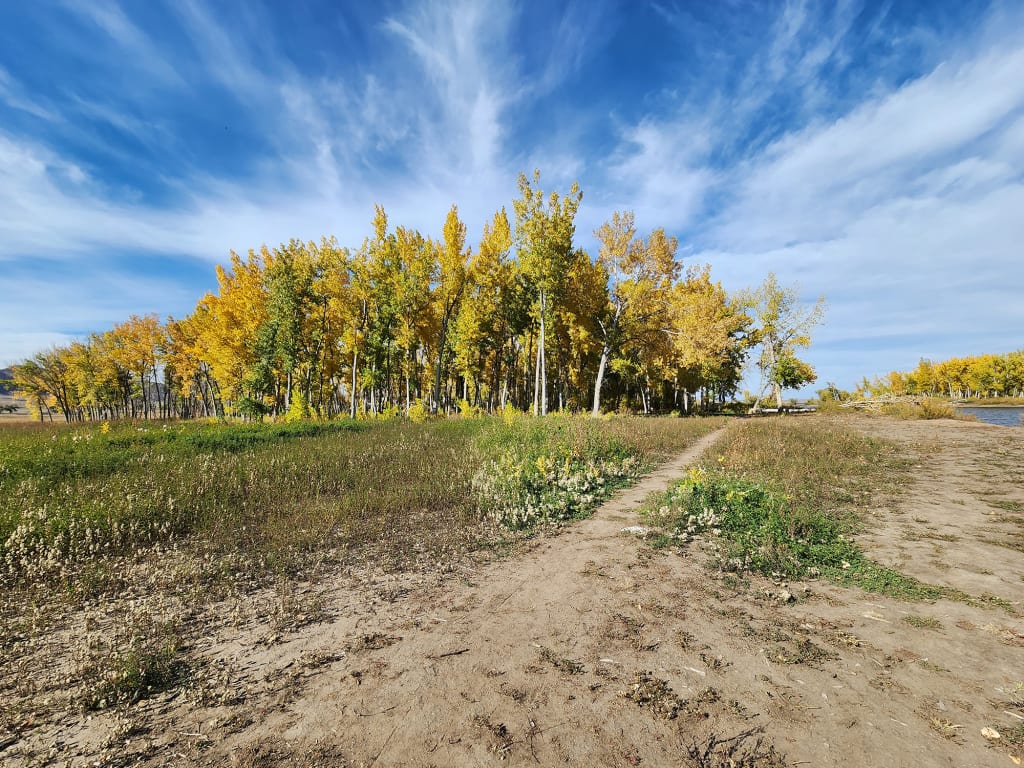
About three weeks ago, an Arctic snowy owl made news by popping up about 25 miles away from downtown Los Angeles. The natural habitat of this owl is the frozen tundra much further north in Canada. Puzzled and thrilled birders, wildlife experts and locals alike crowded a neighborhood in Orange County to try to get a peek or a pic.
Experts attested to their educated opinion that the snowy owl was in good health, and appeared to be well nourished, despite not having any idea of how or why the bird was so far out of its usual territory. While there weren't any reports of inappropriate behavior on behalf of those who came to get a look at the Arctic bird, as birding has become more well-known and arguably more popular recently, there has been a disturbing pattern of immoral, improper and in some cases, dangerous behavior in the pursuit of spotting or photographing a rare or exciting bird.
There are few activities that can be enjoyed by people of all ages, backgrounds, and experience level, and birding tends to fit that bill. It is a great way to connect with nature and admire the beauty of the outdoors while observing wildlife. Birders can contribute important data to scientific studies and help advocate for bird conservation. Additionally, birding can also be beneficial for mental health, as it encourages mindfulness, reduces stress and anxiety, and can even increase happiness. And despite the fact that is easy to jump in and start observing and logging birds, there is increasing levels of complexity and an incredible number of birds to be discovered, allowing it to be an activity that can be enjoyed as a lifelong pursuit without ever growing stale.
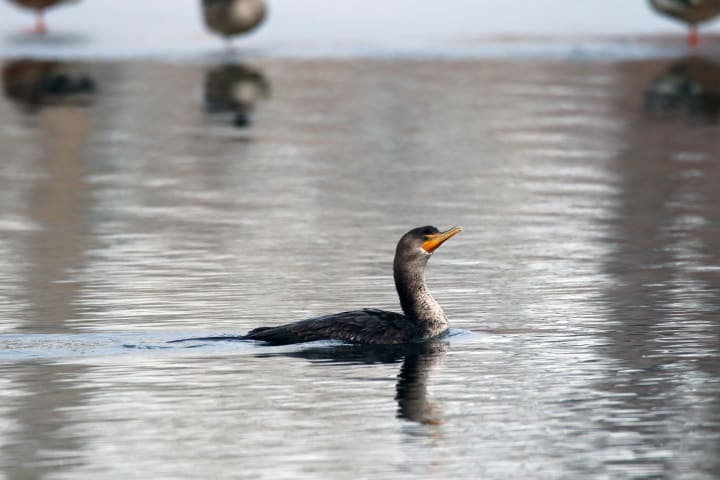
Birding not only requires a knowledge of bird species and behavior, but also a respect for the environment, wildlife, and the overall health of the birding community. In order to have a successful and enjoyable birding experience, it is essential to practice ethical birding. This means adhering to certain codes of conduct that respect birds, other people in the area, and the habitat you are exploring.
There are many different sources that outline more in-depth rules to pursue an ethical manner of birding (such as the ABA Code of Birding Ethics), but overall most include the same broad guidelines:
- Keep your distance. Don't agitate wildlife or attempt to get so close that you disturb them, especially near nests. Remain on paths when possible and don't trample plant life. If you have a canine companion, make sure they remain leashed and follow the same rules as you, remaining on paths.
- Be a lifelong learner. Try to educate yourself as much as possible about local and migrating wildlife and how to observe them respectfully and without disturbing their habitat or changing their behavior. Also learn about the area you are exploring, and rules and laws that are in effect in that area. Research and prepare for weather conditions appropriately.
- Drive carefully. Keep your speed low and remain alert. Respect all traffic laws and do not enter or park in areas that are not marked as appropriate for cars.
- Stay on public property. For both driving and traveling on feet, respect all property boundaries and do not enter areas of private property or restricted wildlife or habitat conservation.
- Leave no trace. Absolutely do not leave behind trash, food wrappers, bottles, broken equipment, etc. Visit in small groups to reduce foot traffic, and stay to marked paths and trails. And whenever possible, keep your hands to yourself. You can see the full seven principles of Leave No Trace as determined by the National Park Service here.
The following and last major guideline is one that has become a bit of an issue in my area, and has become a topic of conversation in multiple birding groups:
- Be discerning. Do not share nest locations or locations of sensitive species except with appropriate wildlife or conservation officials.

As with the snowy owl in California, it's been shown that people will come out in droves to see a once in a lifetime sight. And there's nothing inherently wrong with that. The problem is when people don't follow the guidelines of ethical birding, and seek to flush out or birds in order to get a better view or photograph. In my area, disturbing owls during the day is an increasingly common phenomenon that has become quite alarming. Owls are nocturnal by nature, so when they're out during the day, it means that something is wrong, and more and more people have been observed being noisy or getting uncomfortably close in order to wake owls to see them active, or to get a non-sleeping image.
This started to become more of an issue with the advent of social media and how quickly people could share locations of the wildlife they had seen, which allowed for others in the area to crowd the space to get their look or their photo. Many groups require a location to be shared for identification purposes. Many birds will only be found in certain areas at certain times. But recently, many of the groups I participate in have grown more flexible with this rule, and even allowing for some posts to be made without a location at all. A recent user in one of my groups even explained that he was asked by a park ranger not to state where he had taken a photo of an owl, as crowds had been large and not entirely respectful to the area.
Ethical birding is essential for the conservation of bird species, as well as the preservation of their habitats. Through ethical birding practices, we can ensure that bird populations remain healthy and that birders enjoy the natural environment without disrupting nature. With the right attitude, birders can ensure that their activities are both respectful and beneficial to the birds they observe.
About the Creator
Erica J.
Chronic-pain sufferer just trying to be healthy and enjoy life while bird lurking and photographing nature. Purchase photo prints, read birding blogs, or see hiking videos: https://linktr.ee/erica80hd
Enjoyed the story? Support the Creator.
Subscribe for free to receive all their stories in your feed. You could also pledge your support or give them a one-off tip, letting them know you appreciate their work.


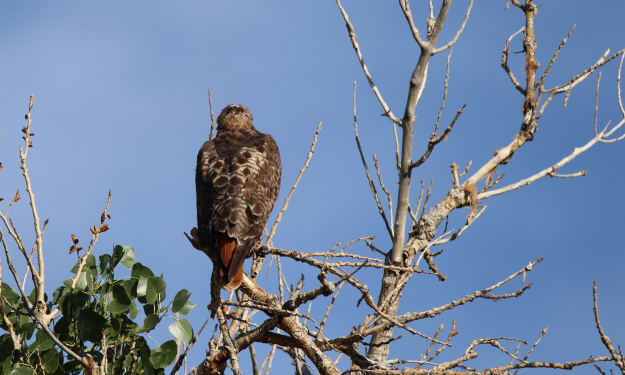
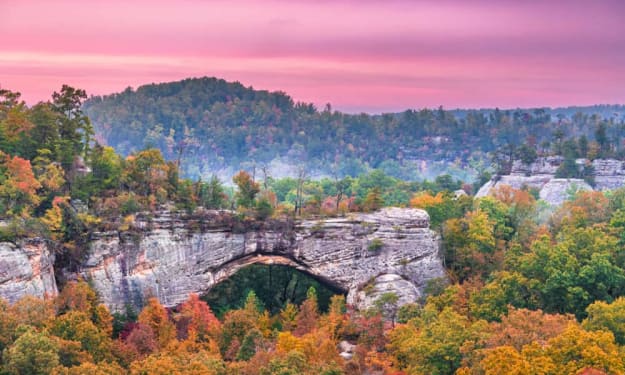
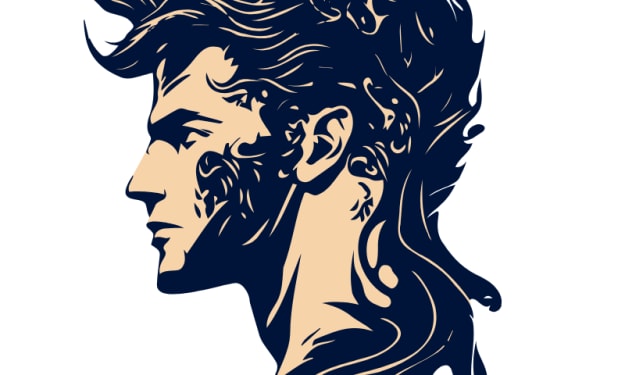

Comments
There are no comments for this story
Be the first to respond and start the conversation.